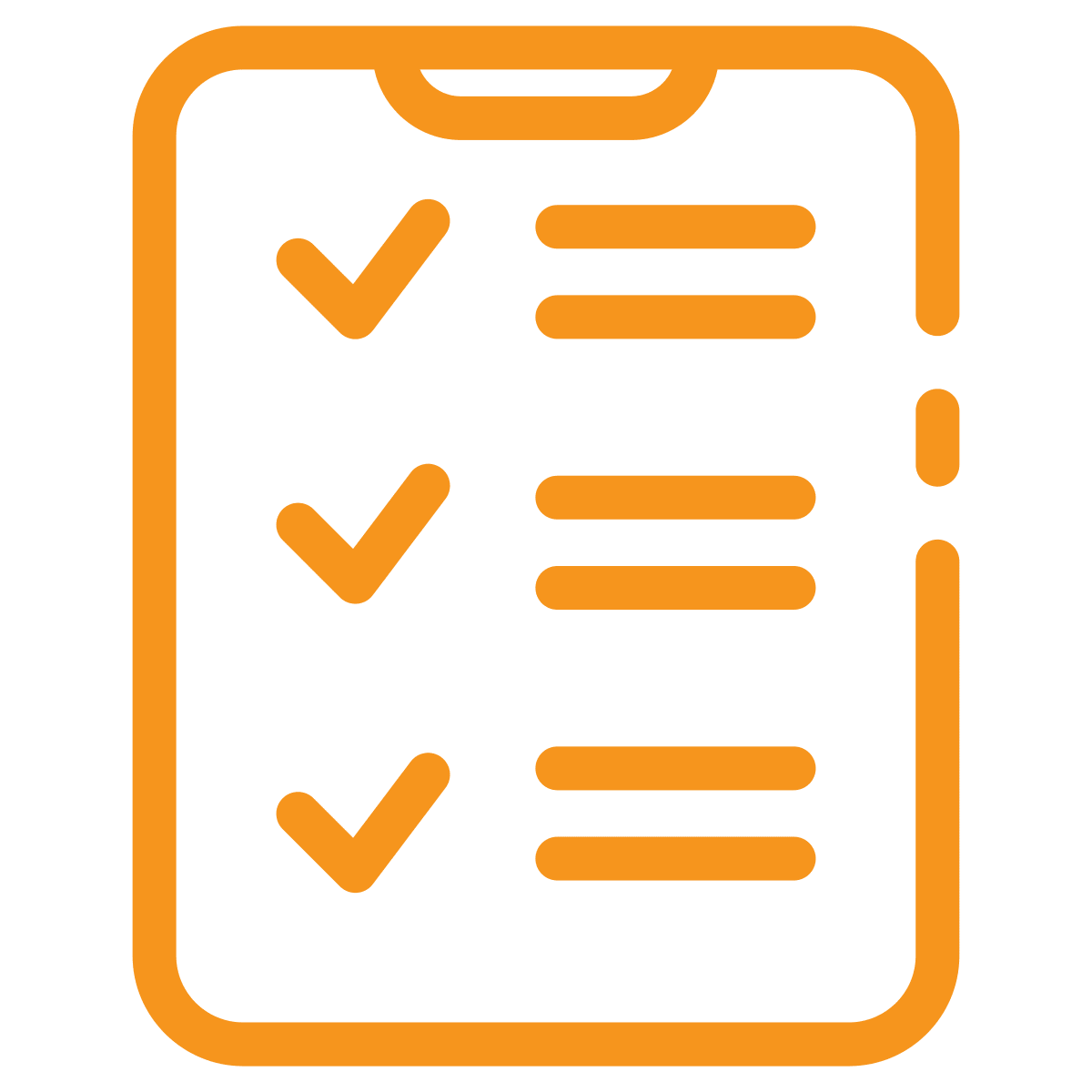Drug & Alcohol Rehab Centers in Utah
Steps Recovery Centers
Helping Individuals and Families Overcome Addiction
Steps Recovery Center is a drug and alcohol treatment program specializing in the treatment of substance use disorders including alcoholism, meth, benzodiazepines, cocaine, and other use disorders.
We utilize the most effective methods for individuals struggling to regain control over their lives and restore themselves completely. Our facilities also specialize in veteran treatment options for substances.
Our Services
A Full Continuum of Care
We offer a range of addiction treatment services, starting with detoxification all the way through outpatient and aftercare programs. Recovering with us means being supported 100% of the way.
Residential Treatment
Residential treatment is a place where the sole focus is your health, wellbeing and recovery. It’s important to eliminate all outside distractions and allow yourself time to focus on YOU. At Steps Recovery Centers, we make this transition as smooth as possible. Our staff understands what you are going through—many of us have been in your shoes.
Intensive Outpatient
Sober Living
To help those in recovery find their footing again, we provide sober living facilities to help continue the healing process after outpatient treatment. Utah sober livings are a great way to stay connected to the recovery community while readjusting to society.
Treatment Options
At Steps Recovery Centers, we understand everyone’s journey through recovery. is unique. That is why we offer individualized addiction treatment options so that your program is tailored to your needs.
What Drives Us
Our Mission
Our mission is helping those who may be clinging to the last bit of hope, or even lost all hope, regain a life in which they can find true joy and happiness by addressing their substance use or mental health disorder. Our culture is centered on helping each of our clients and family members remember and realize that there is always HOPE.
Our Facilities
Serving the Entire State of Utah for Substance Abuse
We have several addiction treatment facilities throughout the state of Utah, all providing different levels of care. We offer comprehensive services, including tailored mental health treatment and addiction recovery services.
Our facilities include:
- 9St. George
- 9Payson
- 9Orem
- 9Murray
UTILIZE OUR
Addiction Recovery App
Use the Steps Recovery app to make your recovery journey easier while retaining the right amount of challenge. Integrating mental health services within the treatment programs is crucial for a holistic and compassionate approach to recovery. You can use this tool to bolster your recovery efforts and increase your own personal engagement with healing.
Our addiction recovery app can help enhance your recovery journey. It allows anyone to:
- Have a gamified experience with recovery
- Access resources such as books, lessons, and podcasts
- Earn badges and points to compete with friends
- Use a built-in sobriety tracker
- Check-in to Steps Recovery Centers events
- Make recovery challenging, yet fun
Recovery Stories





















